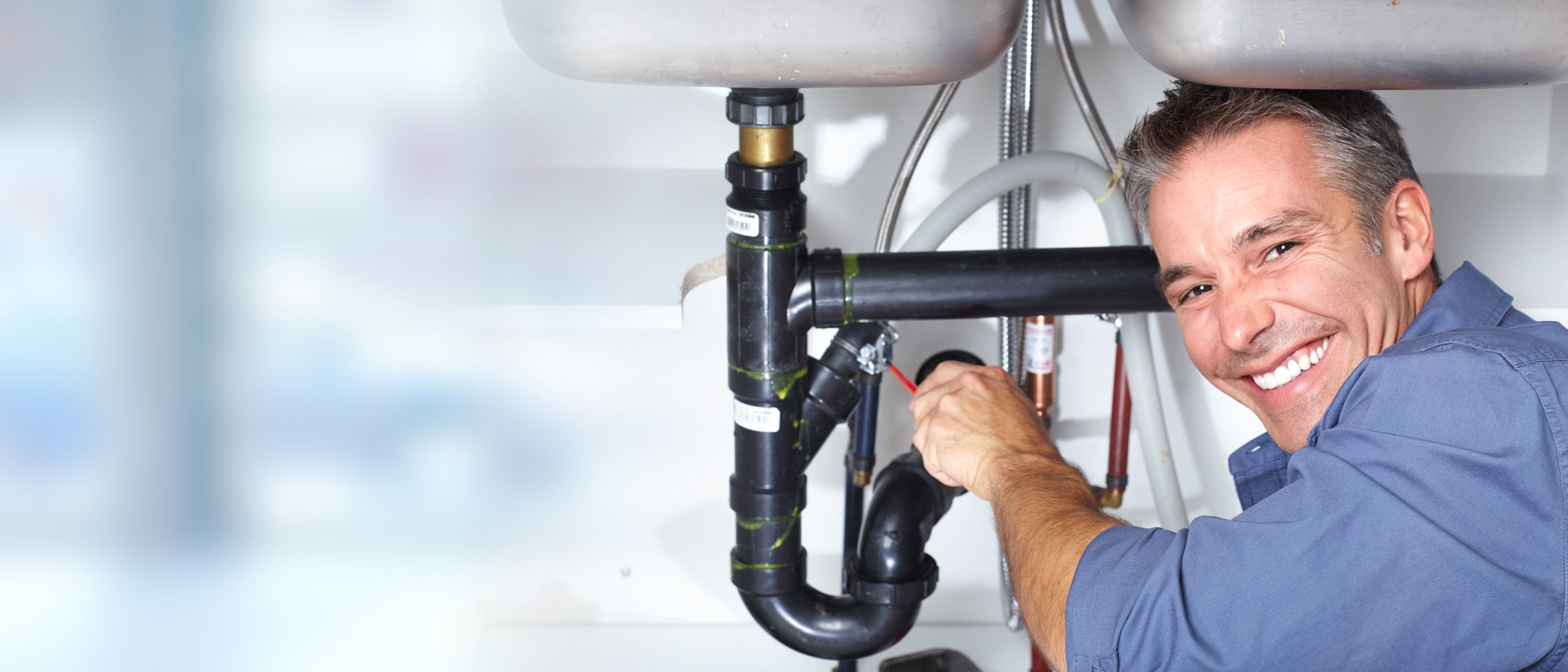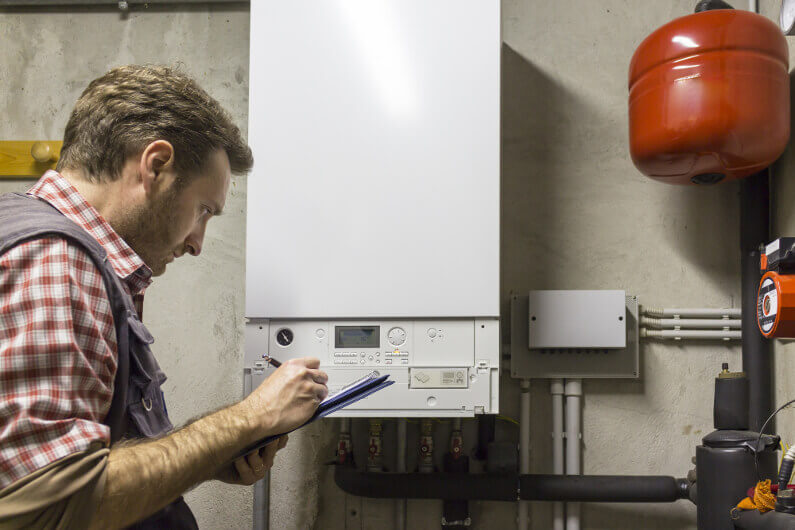We've noticed this great article on Leak Detection and Repair Without Destroying Your Home below on the web and decided it made good sense to discuss it with you in this article.

The secret to durable appliances, unsurprisingly, appertains maintenance. There's no set rule that can ensure your plumbing devices a long wear, however you can prevent unnecessary damages and also repair work by staying clear of bad plumbing behaviors.
You ought to quit doing these 6 things else you'll maintain calling your plumber over for minor faults.
Flushing everything
Yes, your toilet drain leads to the sewers, but that does not imply you must dispose just anything down the drain. Numerous 'flushable' products are really fantastic blockage beginners, for instance dental floss. Asides keeping obvious non-flushable materials like wires and plastics out of your commode, you must likewise prevent flushing cotton buds, menstrual items, wipes, daipers and also condoms down the toilet drainpipe.
DIYing whatever
With plumbing, a stitch in time really does conserve nine. You can protect against a fullblown plumbing emergency by calling your plumber at the right time.
You might have discovered a couple of plumbing hacks from your father, yet you should recognize where to fix a limit and call a specialist. For instance, you might be able to fix a blockage yourself, however you should not try to transform a pipe. You can mismatch pipes or overtighten a bolt, triggering even more injury and also damages than you thought. Calling a plumber is a safe and inexpensive choice.
Using too much drain cleaner
Using a drain cleaner greater than once or twice a month is a sign that something major is going on within your pipes. Now, instead of facing the main concern, you go with a quick fix; a carbonated drainpipe cleaner. Rightfully, a drain cleaner will look after the obstruction, however at what price?
The chemicals in a drainpipe cleaner can hasten the rust of your pipelines. Add that to whatever underlying problem is creating the clog and also you may need to a major issue on your hands.
If you experience too many blockages, call your emergency plumber as opposed to making use of a drain cleaner.
Pouring grease in the sink
We understand properly dealing with grease after a hearty meal is a pain. However just putting it down the tubes can do lasting injury to your pipes. "The fat as well as oil can obstruct your drain badly sufficient to require you to call a plumber," clarifies Dawson. "Plumbing functions best when it's well cared for-- not abused with oil."
Not changing your dishwasher hoses
One very easy method to guarantee that you use your dish washer for several years is to change the pipe a minimum of when in five years. This additionally applies for cleaning machine hose pipes.
In time, food particles, soap and also grease can form obstructions within your pipelines. Changing them in a timely manner will avoid any kind of presure build up that can harm the internal functions of your dishwasher or washing equipment.
A reinforced steel intertwined pipe does a great task of extending your equipment's usage time.
No winter safety measures
Extreme climate condition misbehave for your pipes, especially if they're made of steel. You must insulate your exposed pipelines, as well as your water tank, even if you have a water heater. You should also turn off your yard hose valve and also any other external water networks. These networks are electrical outlets for chilly; you pipes can start to freeze from outside if you don't.
How Hard Water Damages Your Plumbing and Appliances
Hard water is no stranger to most households across America. This silent invader affects 85% of homes in the United States every day, wreaking havoc on pipes, plumbing fixtures, and water-using appliances.
Should you become a victim of hard water, you must understand exactly what it is and how it affects your plumbing and appliances. This will help you determine the correct measures to put in place to fix or prevent any problems that may arise.
First off, what exactly is “hard” water?
In short, “hard water” is used to describe water that contains relatively high amounts of dissolved minerals, primarily calcium and magnesium, and a host of trace metals. When rainwater falls from the sky (usually in a pure form), it absorbs the hardness minerals from rocks and soil, which changes it from soft to hard water.
What about my plumbing and appliances?
Mineral deposits from hard water can cause buildup on tubs, shower, sinks, faucets. But that’s only a small scratch of the surface. Those minerals can gradually build up inside pipes, fixtures, water heaters, washing machines, and dishwashers. Once they accumulate in those areas, they can clog pipes and create major problems throughout your plumbing system, from reduced water flow to increased pressure on pipes and fixtures.
This limescale buildup might affect some appliances, causing them to operate less efficiently and wear down faster. And the result? Higher energy bills, more (costly) plumbing replacements and repairs, and damaged appliances.
Keep in mind that certain types of plumbing are more susceptible to clogging than others. Copper, PVC, and PEX pipes are more resistant to hard water buildup and corrosion, but they can still get clogged or completely blocked by scale deposits.
How do I know if my water is hard?
White limescale buildup on plumbing fixtures (or any of the other signs mentioned above) is usually a good sign that your water is hard. If you suspect that you have hard water, you can simply shake up a small amount of dish soap and water in a closed container. If the mixture doesn’t create a lot of suds, you probably have hard water.
The most precise method, however, is to test your water with a DIY test kit (sold online or at local home centers or hardware stores) or send a water sample from your tap to a local lab to be tested. Be sure that you understand the nature of the test, the water condition being measured, and the significance of the test results.
Another way to obtain an estimate of water hardness is to check your annual water quality report to see if your water provider has reported any instance(s) of water hardness in your water supply.
https://www.springwellwater.com/how-hard-water-damages-your-plumbing-and-appliances/

I am very interested by Can Hard Water Ruin Your Appliances? and I am hoping you liked the post. Are you aware of someone else who is truly interested in Don’t Let an Earthquake Damage Your Plumbing? Be sure promote it. Thanks so much for going through it.
Get Quote Now
Comments on “6 Most Common Risks To The Plumbing Systems”